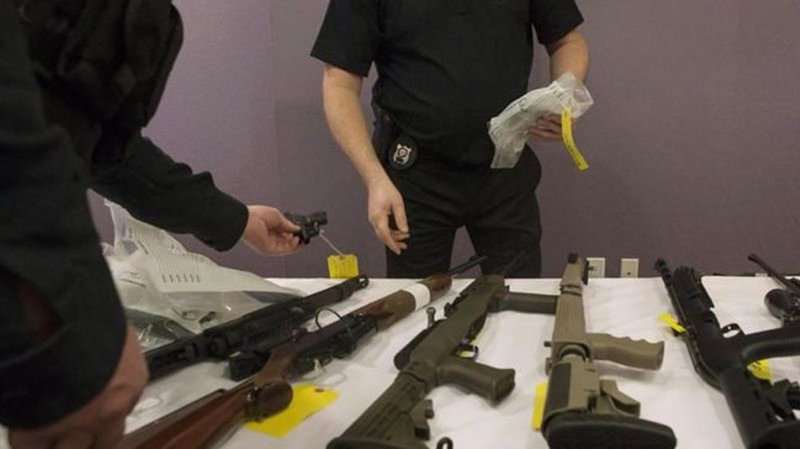
Feds stop short of mandatory national crime gun tracing, citing provincial control
OTTAWA — Federal agencies are trying to boost efforts to trace the origins of guns used in crimes, but it appears jurisdictional hurdles could prevent the measures from going as far as some would like.
The federal government says the RCMP has introduced a new mandatory tracing policy, meaning that in places where the Mounties are the police of jurisdiction, seized illegal guns will automatically be sent to the force’s national firearms tracing centre.
The House of Commons public safety committee and the Canadian Association of Chiefs of Police have called on the government to make it a requirement that all crime guns recovered during investigations by police across the country — not just the RCMP — be submitted for tracing.
The most recent figures indicate only a small fraction of the tens of thousands of crime guns recovered each year are being traced.
